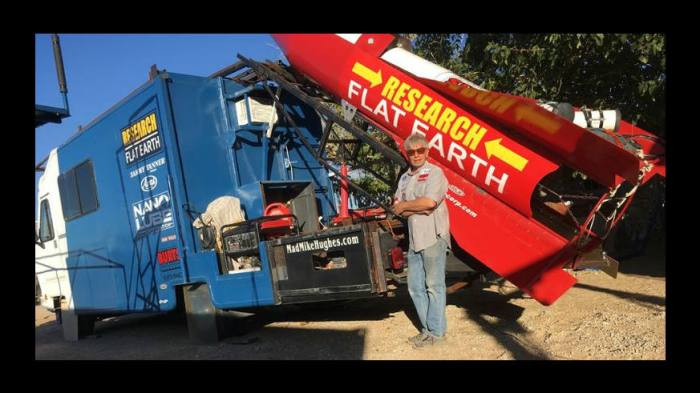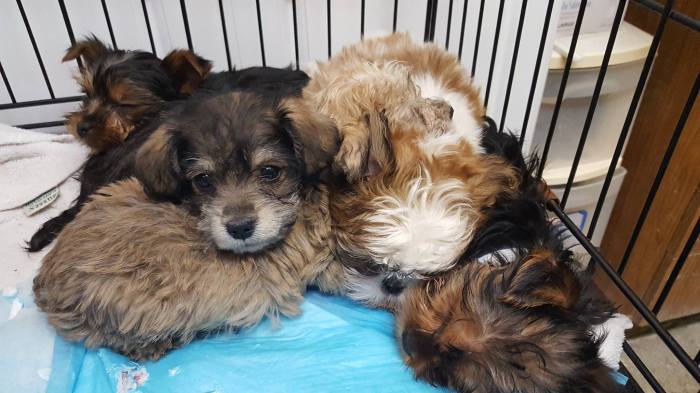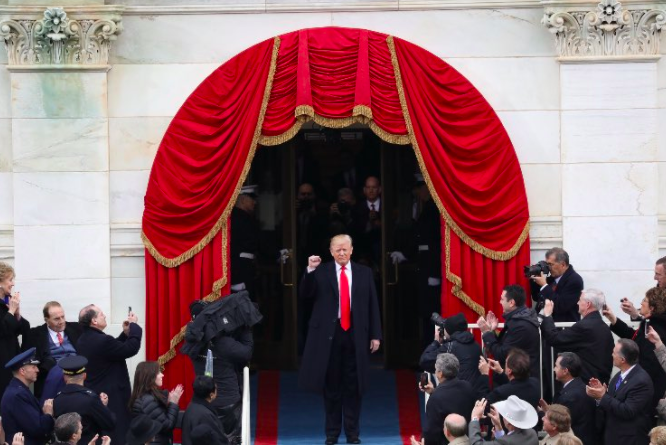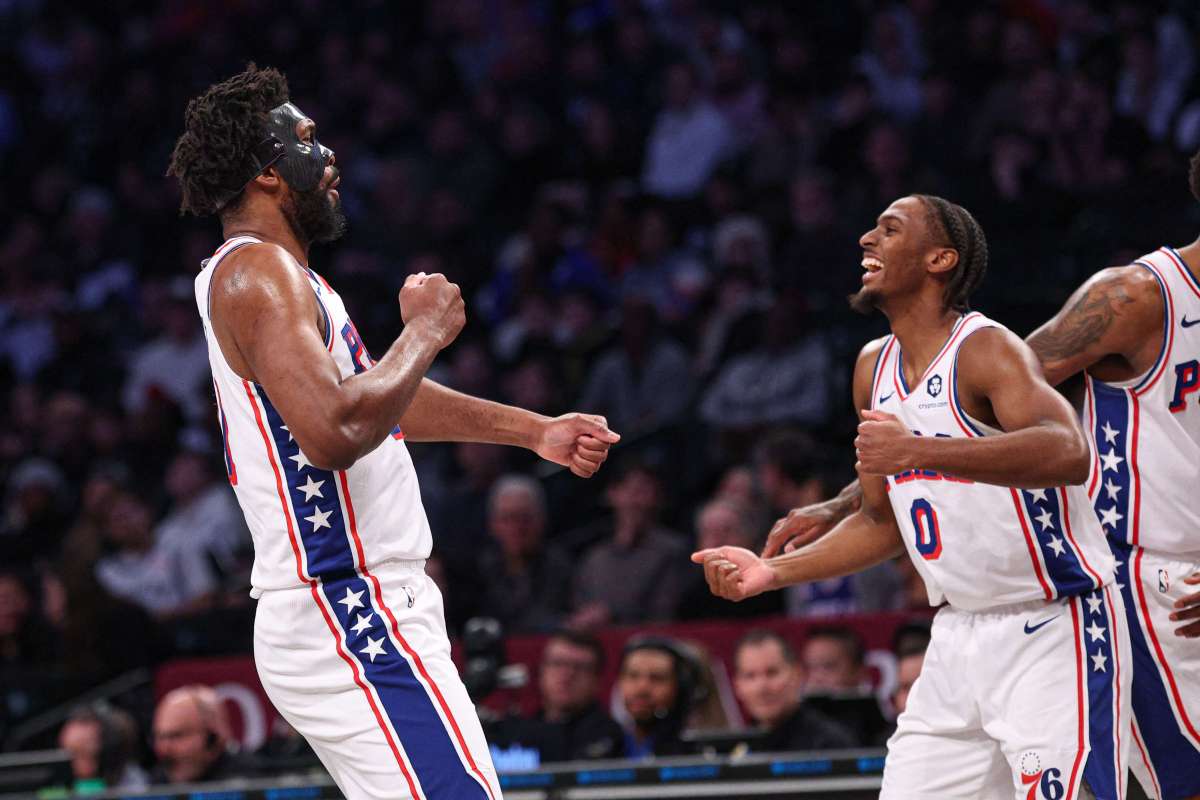It was the autumn of 2004 and the man who would years later become known as the guy who shot bin Laden was going through the rigorous selection process for Navy SEAL Team Six near Washington D.C.
His days were mentally and physically draining — Team Six is considered to be an elite, top tier counterterrorism unit and the selection process weeds out many SEALs. His nights were filled with…Red Sox baseball? “The training was so hard and the only thing I looked forward to was getting through the day so I could watch the Red Sox play,” said Robert O’Neill, a Montana native. “That’s really how I was introduced to baseball, because I wasn’t a big baseball fan growing up.” O’Neill would make it onto SEAL Team Six and the Sox would win their first World Series in 86 years, coming back from a 0-3 hole against their nemesis New York Yankees to win the American League pennant before sweeping the St. Louis Cardinals. “I remember the way that Big Papi stepped up and he was just the guy,” said O’Neill. “Obviously that’s what he does for a living — he’s the guy. I remember being really impressed with him and how he could perform night after night.” O’Neill acknowledged his fandom “is going to sound like some bandwagon jumping.” Call him a pink hat at your own risk, though. He is, after all, the guy who shot bin Laden. In the years since that fateful fall, O’Neill would sign the Green Monster, get to know Fenway’s groundskeeper — David Mellor — on a first name basis — “He turns that grass into a work of art” — and acquire a jar of dirt from the historic ballpark. Of Boston’s lyrical bandbox, he said, “I’m always in awe. I don’t get star-struck a lot, but being at Fenway, it’s easy to be star-struck.”
On his last deployment to Afghanistan, he would don a Red Sox beanie to stave off the subzero temperatures. The beanie, he said, was given to him by a friend of his who is a Massachusetts cop living in Lowell. “It was 22 below zero when we started the mission. I opened the care package and there was a Red Sox beanie. And I’m like ‘It’s cold outside, I’m wearing that thing,'” said O’Neill. “There was a group of five suicide bombers in a car, conducting a suicide mission. And we found out about it. We ended up eliminating all five of the threats. And I had my Boston Red Sox Hat on. I thought that was pretty cool.” Over the weekend, we caught up with O’Neill and asked him about killing bin Laden.
Metro: Why go public now?
Robert O’Neill: There never was going to be a right “now.”
I wanted to donate something to the 9/11 Memorial Museum. So I brought the shirt that I wore into Osama bin Laden’s bedroom, I brought that to the museum, and the flag that was attached to it, the patch on the arm. I was going to anonymously donate it to them just to let them know this shirt was there. And the 9/11 families, at the end of the private tour, they were all there.
I gave an impromptu speech to these people whose lives had been drastically changed for the worse. That was the first time I had said it.
I’ve had people say “Yeah, it’s not closure, but it definitely helps with the healing process.”
And just the tears in the room and the raw emotion and I realized if I can positively affect these great Americans who have had their lives, almost destroyed…It would be irresponsible of me not to try tell everybody that was affected by 9/11. It was a risk, but it was so much bigger than me. I accept the risk. I’ve accepted risk before. It’s bigger than me, it’s about the entire country. Everyone was affected.
Are you concerned for your safety or the safety of your friends and family?
I’m concerned but i’m prepared. I’ve taken the steps in the past few months to have things prepared. I don’t get into the details of how i’m doing that. I don’t want to give that away. What’s the biggest misconception about the night Osama bin Laden was killed?
I don’t think there’s any misconception at all, at least on my part. There’s no controversy at all, to me.
I’m able to tell my part of a bigger story. Any misconception at all comes from a fog of war. It’s a very high stressful time, where most of the people going in on the helicopters accepted death. Accepted not coming home. It was high stressful. To say it was high stressful is to not even give it credit. People give different accounts. There was a lot of stuff that went on that I didn’t even see. You had mentioned everyone had accepted death going into the operation. Could you expound upon that? Talk to me about your mindset going into the operation.
The way I saw it, it was a one-way mission and I had accepted the chances of us dying were good. The chances of us not coming home were even greater. That was accepted, at least on my part. I know everyone else, obviously, that was on their minds too. The reason was because, not that the target was complex, it was getting there and the value of the target inside was so great. We didn’t know if we were going to get shot down. That was very likely. We could get shot down. That house should blow up because of the value of the target not wanting to get captured. It would be better for him to martyr himself.
The chances of him blowing up, the chances of everyone else wearing suicide vests or the house was going to be being rigged with explosives.
Do we have enough fuel?Did we spend too much time there? Did the Pakistani military or police respond too quickly and then all of a sudden we’re dealing with them. Not wanting to shoot it out with them because we’re not at war with them. What was the plan if you encountered hostility or resistance from Pakistani forces?
If we were in there and they encountered us and we weren’t able to get away, initially we wanted to just kind of…protect ourselves, but we didn’t want engage them. We wanted to sort of try to negotiate with them. There’s other stuff, I’m sure that I’m not aware of, higher up in our government and their government, the negotiation would start there, but we didn’t know how badly that would end. We didn’t want to shoot it out with these guys.
Did bin Laden’s death really change anything in this so-called war on terror?
Yeah, I think it did. He had a No. 2 step into his place but who is he?
People are still targeting him, but… no one cares.
OK, you have ISIS. Who is ISIS? ISIS is former al-Qaeda in Iraq. They just changed the name and made a new bad guy. I think it changed. I think that (bin Laden’s death) had a lot to do with it. Does it frustrate you thatAfghanistanandIraqare by-and-large still a mess? Do you ever question whether your service in the SEALs made a positive difference in those countries and for American security in general? It is frustrating to see the chaos. It’s frustrating to see all the good, innocent people getting just overrun by the bad guys. It’s very frustrating.
We did a lot of good in both places. We continue to do a lot of good in both places. But yeah, it’s frustrating. It’s a very, very complex issue.
It’s something that needs to be solved with…there will need to be force, but there’s needs to be education and we need help from our partners on this.
This is a big deal. Yeah, I’m frustrated. I don’t think anyone died in vain but I hope we can address this.
What led to your decision to leave the Navy? Why do that now?
That was a decision that took about a year to make.
There was a lot more to it than just one decision. One was obviously, we just successfully completed the most important mission of our time. There was a sense of accomplishment.
I had been a part of a lot of major missions. The rescue ofRichard Phillips. The rescue of the lone survivorMarcus Lutrell. Things like that. I was even on the base whenBowe Bergdahlwalked off and we made attempts at him. I felt like I’d done a lot, I’d done my time. Also, we had a helicopter get shot down in August of 2011 and we lost17 guys from SEAL Team Sixand I knew all of them. You know, it’s like, even in gunfights I had stopped getting adrenaline. So it wasn’t even exciting and I was like “If I have this attitude, I might get complacent and lazy and that might get me killed. “ I’m sorry, that has nothing to do with the helicopter, I’m not saying anyone was complacent there but I felt like I might be getting complacent and then a lot of guys were killed. And I just decided I wanted to see my family get old. I was just done. That helicopter went down in August of 2011. My enlistment — the end of my obligated service was in January 2012, I could have gotten out then, but I volunteered for one more deployment to Afghanistan. I told the Navy I’m going to get out but I’m going to do one more, so I extended for six more months. That deployment was the one where I was wearing the Red Sox hat in the snow and then a few months after I got out in August in 2012.
You’ve been criticized by some in the militaryfor going public. Some are saying it’s against the ethos of the SEALs to publicize such deeds. What’s your reaction to that criticism? My reaction is that I respect their opinion. If they disagree with me, they can do that. We fight for freedom and one of the freedoms is freedom of speech. I respect their opinion. But I also, when I went public, I did it in a way respecting the Department of Defense and my former command. I wanted to do it in a way so i didn’t divulge any tactics. I never want to get anyone in any kind of harm because of anything I said.
I told my part of a very important story. There will be critics and I respect them.
What was going through your mind when you shot bin Laden?
To be honest, there was two of us left, because everyone had different jobs and they peeled off in different directions.
And we had to be in a hurry to go from the second floor to the third floor where we knew he would be.
And so there’s only two of us going up the stairs.
What was going through my mind was “Ok, he’s definitely going to blow himself up and he’s going to blow us up with him. Let’s get this over with.”
That was it.
It wasn’t, “I’m about to shoot this guy.” It was “Let’s just get it over with.”
Would you have changed anything about the operation if you could?
No. No. Even though it started off in one of the worst case scenarios with the helicopter crashing, the guys were so professional.
I’m talking all the guys who got us there the pilots of the first helicopter who saved everyone’s lives by crash landing it. The air crew that were on those birds and then the SEALs and the others involved — the explosive ordnance disposal guy — were so professional and were so prepared that we were able to basically, other than that crash, flawlessly execute that target and get out with proof. Do you have any regrets during your time with the Navy SEALs?
No. It’s not even a regret, it’s just that i miss the guys.
The choice to get out was that and I knew I had to leave the guys, but I wish there was a way I could be with them.
What did the U.S. get wrong when it comes to Afghanistan in your estimation?
Right now I think we’re doing OK. We’re going to withdraw and hand it over.
They’ll have to battle with the Taliban, but again you can’t just keep people there forever.
I can’t really criticize anything going wrong because we pushed al Qaeda out . Obviously, the Taliban is still around, and obviously in that area where it’s very difficult to fight them. To be honest I can’t pick out anything that went wrong. It’s so complex. I don’t envy the high end decision makers that are deciding policy.
Stuff has gone wrong. Stuff has gone right. right now it’s not like fighting a sovereign nation with an army in uniform. It’s very, very complex with different ideologies and different feelings and different populaces stuck in the middle with all kinds of stuff going on. I don’t think anything went wrong but it’s hard to say what went right, too.
Regarding your lack of military pension, I think a lot people would question whether you went public to provide for your family. Obviously, you’re going to be in demand in the public speaking circuit now. Did that play into your decision to go public about shooting bin Laden at all? No. If I was going to go public to start paying the bills, I would have probably done it in August 2012.
I spoke with Robert Baer, a former CIA agent, about a week ago. He just came out with a new book about the politics of assassinations and he says the U.S. never understood the machinations of power in Afghanistan, so the American military weren’t really sure how targeted assassinations, for lack of a better term, would affect things there. What do you make of that assessment? I disagree with anyone saying assassinations. We don’t do that.
I don’t know what those guys are doing, I can’t speak for them.
I would agree, though, and this goes back to the mistake question, that we have a tendency to not going to understand the cultures, the sensitivities and the enemy.
That is a mistake that we make. And that’s on all of us. We need to fully understand what we’re getting into.
We need to understand all the possibilities and that our first plan is probably not going to work.
This interview has been edited and condensed.





















